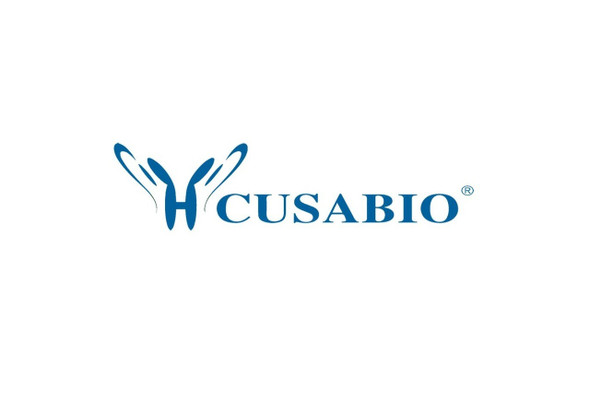Cusabio Polyclonal Antibodies
BOD1 Antibody | CSB-PA554403
- SKU:
- CSB-PA554403
- Availability:
- 3 to 7 Working Days
Description
BOD1 Antibody | CSB-PA554403 | Cusabio
BOD1 Antibody is Available at Gentaur Genprice with the fastest delivery.
Online Order Payment is possible or send quotation to info@gentaur.com.
Product Type: Polyclonal Antibody
Target Names: BOD1
Aliases: biorientation of chromosomes in cell division 1
Background: Bod1, a protein conserved throughout metazoans that associates with a large macromolecular complex and localizes with kinetochores and spindle poles during mitosis. Bod1-depleted cells form syntelic attachments that can oscillate and generate enough force to separate sister kinetochores, suggesting that microtubule-kinetochore interactions were intact. Releasing Bod1-depleted cells from a monastrol block increases the frequency of syntelic attachments and the number of cells displaying biorientation defects.
Isotype: IgG
Conjugate: Non-conjugated
Clonality: Polyclonal
Uniport ID: Q96IK1
Host Species: Rabbit
Species Reactivity: Human, Mouse, Rat
Immunogen: Synthetic peptide of human BOD1
Immunogen Species: Human
Applications: ELISA, IHC
Tested Applications: ELISA, IHC;ELISA:1:1000-1:5000, IHC:1:50-1:200
Purification Method: Antigen affinity purification
Dilution Ratio1: ELISA:1:1000-1:5000
Dilution Ratio2: IHC:1:50-1:200
Dilution Ratio3:
Dilution Ratio4:
Dilution Ratio5:
Dilution Ratio6:
Buffer: -20°C, pH7.4 PBS, 0.05% NaN3, 40% Glycerol
Form: Liquid
Storage: Upon receipt, store at -20°C or -80°C. Avoid repeated freeze.
Initial Research Areas: Cell Biology
Research Areas: Epigenetics & Nuclear Signaling;Cell biology











